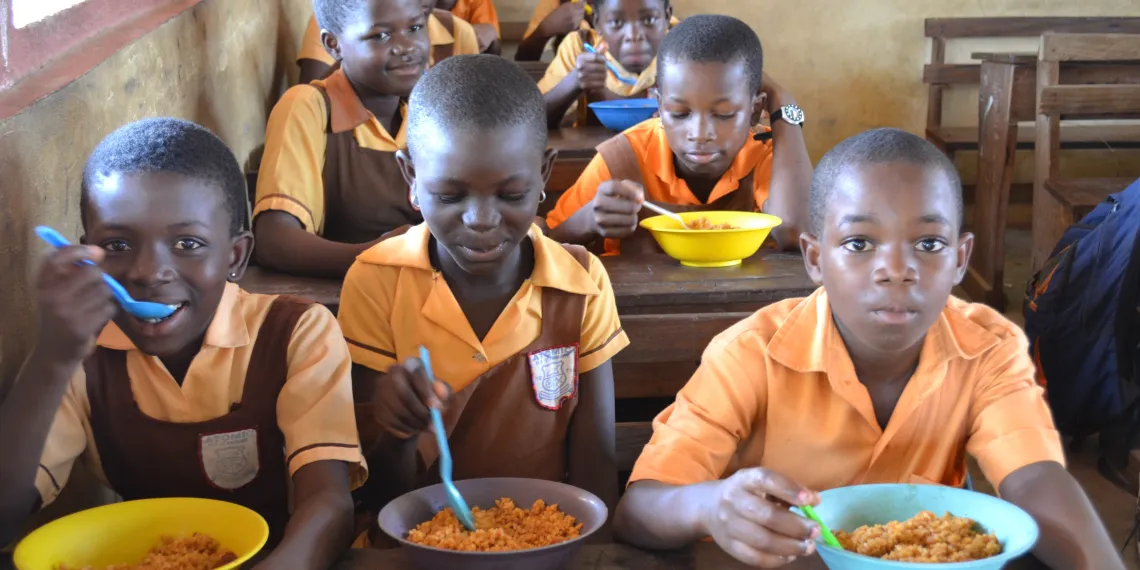What you need to know:
- In a concerted effort to address the pressing issue of school meals programs in West Africa, the Economic Community of West African States (ECOWAS) and the United Nations World Food Programme (WFP) recently convened a three-day regional technical conference.
- With support from the School Meals Coalition and International Financial Institutions (IFIs), the conference aimed to facilitate dialogue and collaboration among key stakeholders from over twenty countries in the region.
In a concerted effort to address the pressing issue of school meals programs in West Africa, the Economic Community of West African States (ECOWAS) and the United Nations World Food Programme (WFP) recently convened a three-day regional technical conference. With support from the School Meals Coalition and International Financial Institutions (IFIs), the conference aimed to facilitate dialogue and collaboration among key stakeholders from over twenty countries in the region.
Commitments to Expansion: ECOWAS Member States Pledge to Strengthen School Meals Programs
Notably, seven ECOWAS member states—Benin, Burkina Faso, The Gambia, Liberia, Mali, Senegal, and Togo—have made significant commitments to extend and enhance the quality of their national school meals programs. These commitments underscore the region’s recognition of the importance of homegrown school meals in promoting nutrition and supporting local food systems.
Transformative Actions: Initiatives to Advance School Feeding Programs in West Africa
Each participating country has outlined specific measures to bolster their school meals initiatives. For instance, Senegal aims to significantly expand school meals coverage and enact legislation by 2024, while Benin pledges to increase funding and share best practices with other nations. Such actions signal a collective effort to prioritize education and nutrition for West Africa’s youth.
Progress and Challenges: Advancing Human Capital Development Through School Feeding
While progress has been made—with 83 percent of countries in the region implementing school meals policies—challenges persist in human capital development. Despite significant investments, a substantial number of children still lack access to education and adequate nutrition. Efforts to address these challenges are paramount to fostering sustainable development and reducing poverty in the region.
Financial Support and Partnerships: IFIs’ Role in Sustaining School Meals Initiatives
International Financial Institutions (IFIs) play a crucial role in supporting and expanding school meals initiatives in West Africa. Through strategic financial support, technical expertise, and advocacy, IFIs contribute to human capital development, resilience, food security, and social investment. The collaborative efforts between IFIs and other stakeholders underscore the importance of sustained financing for school meals programs in the region.
In conclusion, the commitments made by ECOWAS member states, alongside the support from international partners, mark a significant step towards advancing education and nutrition in West Africa. By prioritizing sustainable school meals programs, the region can unlock the potential of its youth, promote economic growth, and build resilient communities for the future.

Do you have a story or an opinion to share? Email us on: info@falconposts.com Or follow the Falconposts on X Platform or WhatsApp for the latest updates.












